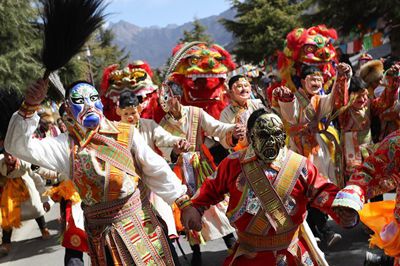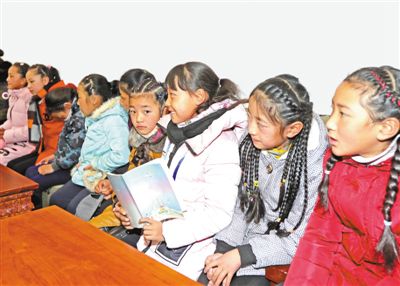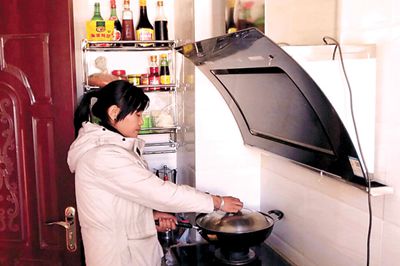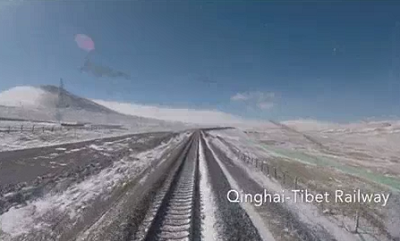|
13. Why was the Democratic Reform implemented in 1959? How did it benefit the Tibetan people?
A: The feudal serfdom under a theocracy constituted the ruling power of old Tibet. The Tibetan people suffered from harsh political oppression, cruel economic exploitation and had a generally miserable existence. In 1951, the central government and the local government of Tibet signed the 17-Agreement. Taking into consideration Tibet's history and social conditions, the agreement ruled that Tibet's social system must be reformed. However, there would be no compulsion on the part of the central government, of Tibet of its own accord. The central government's patience and efforts in re-education and persuasion were regarded by the reactionary clique of the upper Tibetan strata as a sign of weakness. They staged an armed rebellion in 1959. In accordance with the wishes of the Tibetan people, the central government quickly quelled this rebellion, and began instituting the democratic reforms and abolishing the feudal serfdom. A million of Tibetan serfs were liberated, and would henceforth no longer be sold, transferred, or forced to labor as chattel. Serfs and slaves who had hitherto been treated as "speaking beasts of burden" cast off their shackles and became, for the first time, "men" in the true sense of the word, the masters of their own and Tibet's destiny. This was of epoch-making signified immeasurable progress in the history of human rights development. Within Tibet's democratic reform, estate-holders were treated differently. The means of production of serf-owners who participated in the rebellion were confiscated and distributed to slaves and serfs. Serf-owners who did not participate in the rebellion were subject to the peaceful reform that was implemented, and a policy of redemption was adopted in terms of their means of production, whereby it was purchased by the people's government and then redistributed to slaves and serfs. Thus, democratic reform garnered the understanding and cooperation of the majority of the upper strata. |
- Home
- News |Tibet |Exclusive |China |World |Other Tibetan-Inhabited Area |Tibet through the Eyes of Foreigners |Related News
- Documents |White Papers |Others
- Photo |Politics |Economy & Society |Culture & Religion |Human & Nature |Beautiful Tibet |Other Tibetan-Inhabited Area |Exchanges |Related
- Video |News |Documentary |Micro-Video |Entertainment
- Art
- Tourism
- In Focus
- About Tibet






